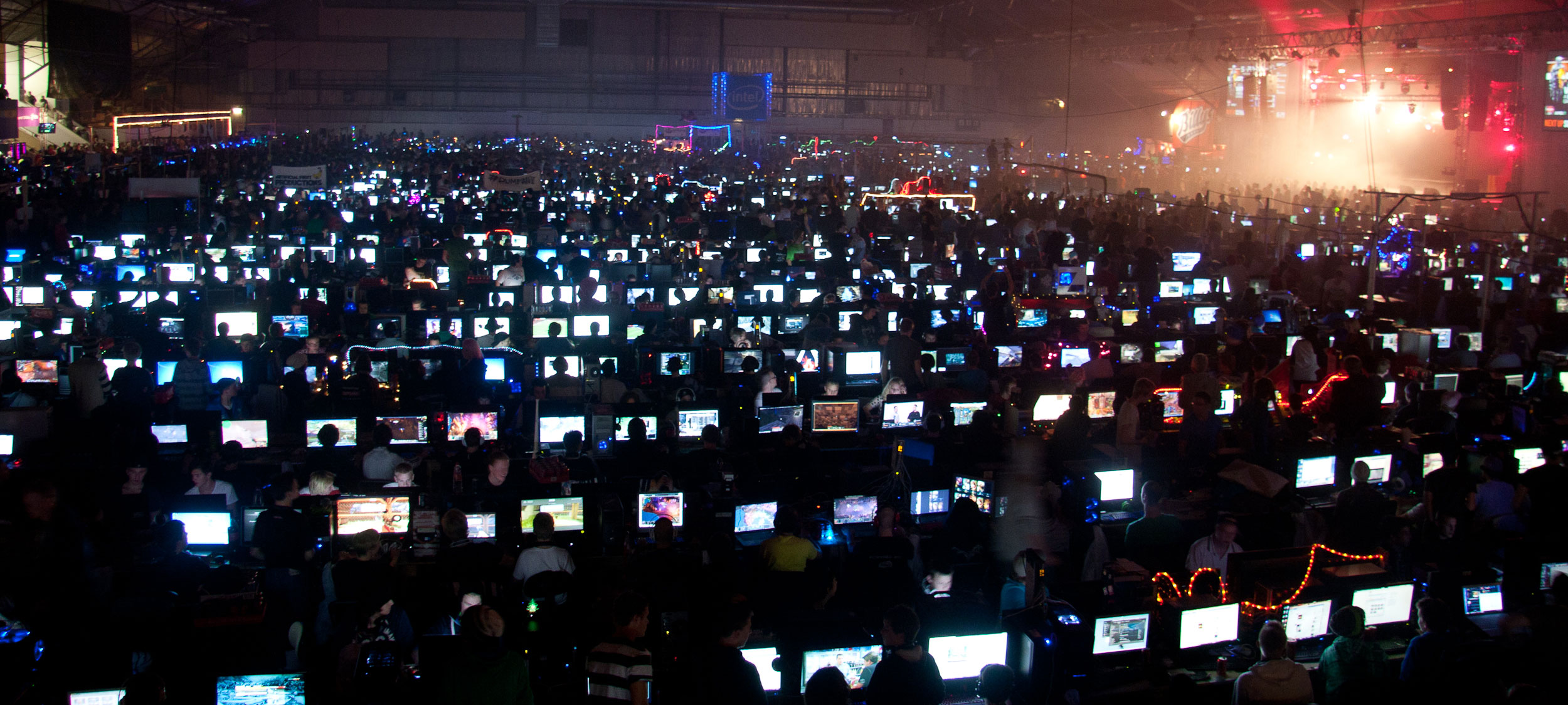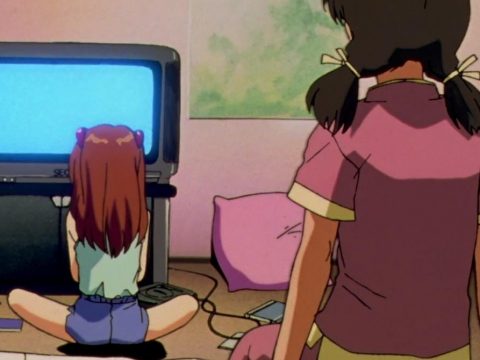
With video games playing such a large role in culture, it’s no surprise some of their rare but nonetheless concerning side effects are taken into serious consideration. The World Health Organization (WHO) recently did just that with the official classification of video game addiction as a mental health disorder.
According to Shekhar Saxena, WHO’s expert on mental health and substance abuse, this disorder will only affect a small percentage of regular gamers. It’s not something taken lightly or doled out en masse; it develops in those who spend 20 or more hours per day playing games. Or, for another example, players who forego sleep, meals, school, and other daily activities in favor of gaming.
In addition, the disorder’s diagnosis will only be considered if said behavior persists for around a year or so. Here’s a closer look at the description in WHO’s International Classification of Diseases:
“A pattern of gaming behavior (“digital-gaming” or “video-gaming”) characterized by impaired control over gaming, increasing priority given to gaming over other activities to the extent that gaming takes precedence over other interests and daily activities, and continuation or escalation of gaming despite the occurrence of negative consequences.”
Note: DreamHack photo via Extreme Tech




